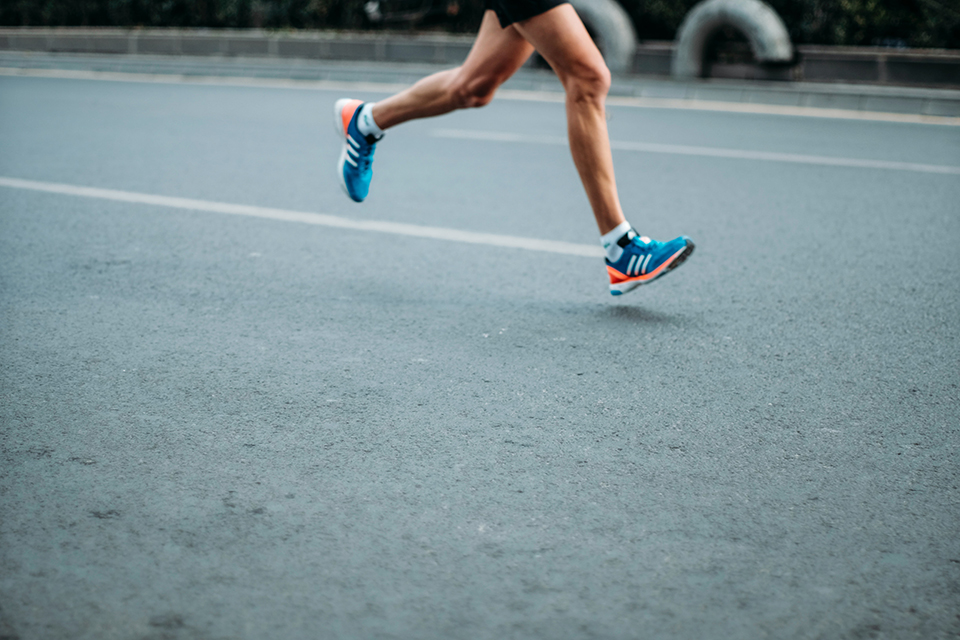What exercises can help with addiction recovery?
We all know that regular exercise is an important part of a healthy lifestyle. And exercise has been proven to be good for people recovering from addiction. But what exercises are best for people recovering from addiction?
In this article, we’ll briefly explain some benefits of exercise for people in recovery and then list the eight best exercises for addiction recovery.
Benefits of exercise in addiction recovery
Exercise has health benefits for everyone. Regular exercise can drastically improve a person’s mental and physical well-being. Exercise has some specific benefits for people who are recovering from an addiction.
Benefits of exercise in addiction recovery include:
- Stress reduction
- Better sleep
- Improved mood
- Increased energy
Best exercises for addiction recovery
The eight best exercises for addiction recovery are:
- Walking/running
- Hiking
- Swimming
- Biking
- Yoga
- Dancing
- Weightlifting
- Team sports
This is by no means an exhaustive list. Any exercise that increases heart rate and produces endorphins can be great for people in recovery. But let’s examine why each of these specific exercises is good for addiction recovery.
1) Walking/Running
Walking is an excellent way for people who aren’t used to exercising to start out. It’s a low-impact form of exercise, meaning it won’t put too much strain on your body. This is great for people recovering from addiction who may have very low energy levels. Battling addiction can be exhausting, and people who are in the middle of it may feel very tired. This is especially true if a person has just detoxed. Walking is a relatively low-effort form of exercise that can be done even if a person is feeling tired.
Running offers many of the same benefits as walking, but it’s a bit more challenging. It’s more high-impact than walking but it’s great for increasing your heart rate and releasing endorphins.
2) Hiking
Hiking is another excellent exercise option for people who want to take their workout outside. Hikes offer the opportunity to get in touch with nature while improving physical fitness. One huge benefit of hiking is the fact that it allows you to get out into nature. Research has shown that spending time in nature can improve mental health. This is huge for people recovering from addiction because we know that many of them have co-occurring mental health issues.
3) Swimming
Swimming is a great full-body workout that’s also low impact, making it easy on joints and muscles. Even if you aren’t swimming laps like an Olympian, this exercise is great for your body. Aquatic aerobics classes can be another fun way of getting your body moving in the water.
4) Biking
Biking (or cycling) is an aerobic activity that requires minimal setup costs and little maintenance. This can be a therapeutic form of travel that allows you to exercise while getting where you need to go. It’s great for your leg muscles and your cardiovascular system.
Riding a bike gives you a light and free feeling. People struggling with addiction often feel like they are in bondage to the disease. The freedom they feel while riding a bicycle is a welcome change.
5) Yoga
Yoga offers many of the same benefits as other forms of exercise, but it also has the added benefit of stretching and strengthening muscles in ways that other exercises don’t. It also offers an opportunity for mindfulness and relaxation. A peaceful yoga session can help you relax and disconnect from the stressful thoughts that often surround the recovery process.
6) Dancing
Dancing is a fun way to get your heart rate up and burn calories while having a good time. Dancing can improve coordination and balance while reducing stress levels. Although it doesn’t feel exactly the same as biking, dancing can offer a similar feeling of freedom and joy that can be very beneficial in a recovery journey.
7) Weightlifting
Weightlifting is another excellent form of exercise that can help build muscle, improve strength, and increase bone density. Strength training is excellent for relieving stress and improving your overall health. However, there is a potential for injury if you don’t use the proper technique. Having a coach or trainer can help you solidify your technique so that you get the most out of the exercise.
Another great thing about weightlifting is that you can see small, incremental improvements over time. This can be really satisfying for people battling addiction whose recovery journey usually isn’t as straightforward as they want it to be. Consistent progress in terms of weightlifting can offer a sense of accomplishment.
8) Team sports
Playing sports with a team can be great for addiction recovery. It connects you with other people who are working towards similar goals and encourages social interaction. Team sports also offer the benefit of healthy competition, which increases motivation and helps people stay on track.
Additional recovery support from Isaiah House
While it’s extremely helpful in fighting addiction, exercise alone isn’t enough to treat substance use disorder. It takes a full-person approach to addiction treatment in order to achieve recovery. At Isaiah House, we use a holistic approach that addresses not only the physical, but the spiritual, mental, financial, legal, and educational aspects of our clients’ lives.
We have multiple different programs to help you get on the path to sobriety. Some of these programs include:
- Short-term residential treatment
- Transitional living
- Job skills training
- Long-term treatment
- Outpatient treatment
If you or a loved one is struggling with addiction, reach out to us today. We believe that recovery is possible and we want to walk with you through every step of your journey.




